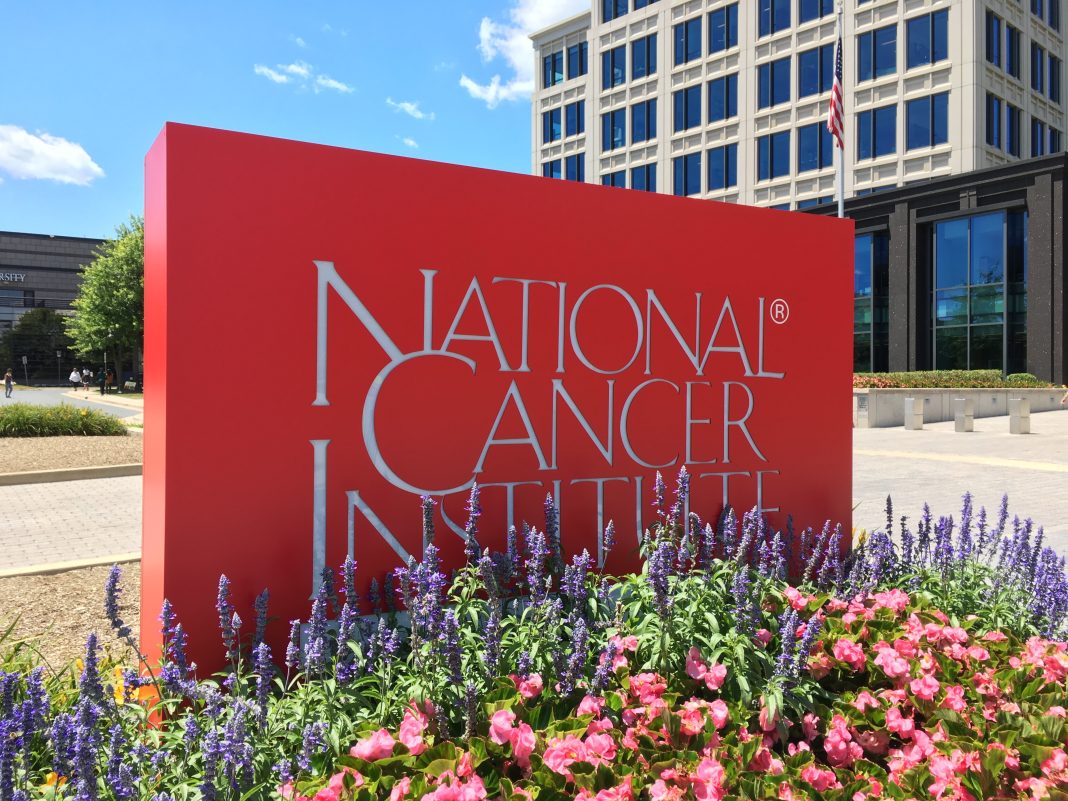By Sandip Shah and Sudheer Matangi, PharmD, Guest Columnists
Something extraordinary is happening in European health. Patients there are beating lung cancer at rates unimaginable only a decade ago.
Lung cancer is the most common cause of cancer death in Europe — and the leading cause of death among men. Yet between 2010 and 2020, mortality from non-small cell lung cancer (NSCLC) — the most common form of the disease — dropped by 10% across the populations of France, Germany, Italy, Spain, and the UK.
This trend might seem like a medical miracle. It isn’t. It’s the result of years of tireless work by scientists and researchers, mostly in the United States. And it serves as a stark reminder that continued scientific progress is our most powerful weapon against today’s deadliest diseases.
Unfortunately, this simple truth about the requirements for innovation is something our lawmakers in Washington all too often overlook — as a slate of recent prescription drug reforms demonstrates all too clearly. These policies will erect needless barriers to the invention of new, groundbreaking medicines.
Europeans aren’t the only beneficiaries from new medicines, of course. In fact, American patients access most new medicines sooner than our European counterparts — and our cancer outcomes are better as a result. In the United States, death rates from NSCLC among men fell by 6.3% a year between 2013 and 2016. Between 1991 and 2019, death rates from all forms of cancer fell 32%.
Nor is cancer the only area to see such historic progress. HIV/AIDS was the leading cause of death for Americans aged 25 to 44 in 1995. Between 2010 and 2017 alone, HIV/AIDS mortality dropped by almost half among those aged 13 and up thanks to retroviral therapies. A recent analysis in Health Affairs calculated that pharmaceuticals were responsible for 35% of the gains in U.S. life expectancy between 1990 and 2015.
Given how central medical progress is to our health and survival, one would expect policymakers to do everything they can to encourage drug innovation. Sadly, that’s not always what happens.
Take the prescription drug pricing reforms included in the recently passed Inflation Reduction Act. One of these policies would allow Medicare to demand lower prices for a range of sophisticated medicines. Another would penalize drug firms for raising prices faster than inflation.
Together, these price controls would add enormous financial risk to the already high-stakes enterprise of inventing a new drug. As a result, they are sure to reduce the number of new medicines available in the coming years.
Indeed, two major biopharma companies, Alkermes and Eli Lilly, have already cited the legislation’s looming price controls as a contributing factor in their cancer research decisions.
With the Inflation Reduction Act’s drug-pricing provisions, U.S. policymakers have demonstrated alarming short-sightedness. The advances of the past few years have had a near-miraculous effect on human health, and the future looks even brighter. But if our leaders continue to enact policies that impede drug development, the life-saving potential of medical science may go tragically unfulfilled.
Sandip Shah, a visiting professor at Rutgers University, is founder and president of Market Access Solutions, which develops strategies to optimize patient access to life-changing therapies. Sudheer Matangi, PharmD is an analyst at Market Access Solutions.




